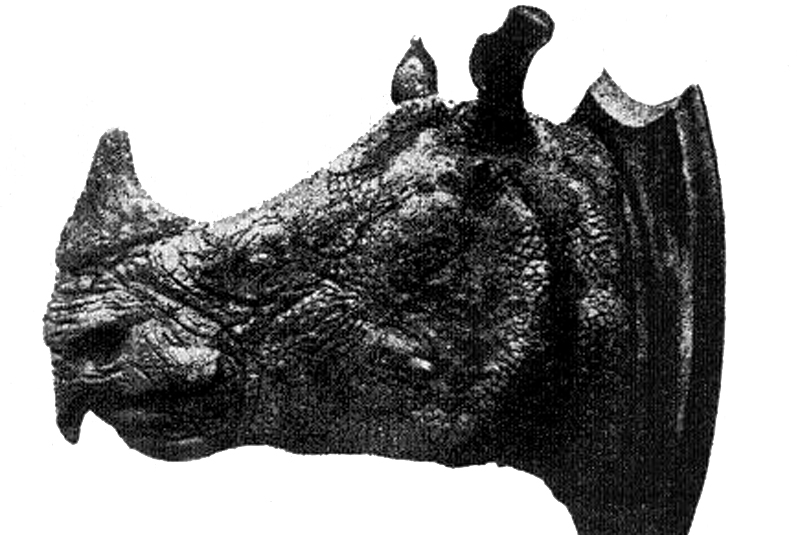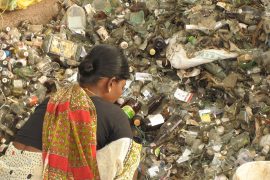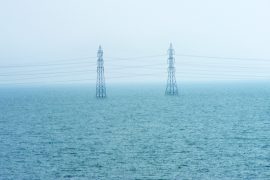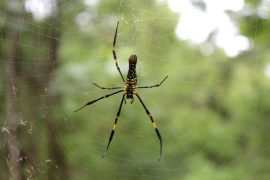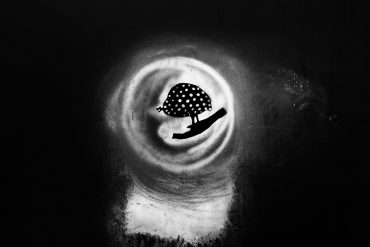When Mount Krakatoa erupted in 1883, it was a blessing in disguise for the Javan rhinoceros. The volcano, located off the coast of Indonesia’s largest island, erupted with the loudest explosions ever heard. Giant waves wiped away hundreds of villages and settlements.
Once the smoke had cleared, new islands, mostly wastelands formed from the ash, had appeared. All of the erstwhile human settlements had been destroyed. The rhino recolonized these areas along with other flora and fauna; making it what environmentalist Bruce Sterling calls an ‘involuntary park’ – a formerly human area that’s been returned to nature.
It’s this area that is today the Ujong Kulon National Park (UKNP), home to the last 62 Javan rhinoceros on earth. It is the most endangered large mammal on earth after the Amul leopard. The factors threatening its existence include poaching, inbreeding and the threat of another volcanic eruption. In the wild, they can live 35-40 years. In captivity – half that. But none of the species surviving members currently live in captivity.
From Bengal to Vietnam, the Javan rhino once ranged across Asia. But in the last century, thousands have been killed for their horns. Under traditional Chinese medicine, it’s believed that the powder made from rhino horns can have medicinal properties. There’s no scientific basis to this at all, but it’s remained one of the world’s most damaging stories. In Vietnam, the rumour took wings after the addition to the tale – that a government official had used the powder to cure his cancer. It shot the price of rhino horn up to $60,000 a kilogramme. Poachers started hunting the rhino in helicopters.
Copyright©Madras Courier, All Rights Reserved. You may share using our article tools. Please don't cut articles from madrascourier.com and redistribute by email, post to the web, mobile phone or social media.Please send in your feed back and comments to editor@madrascourier.com

